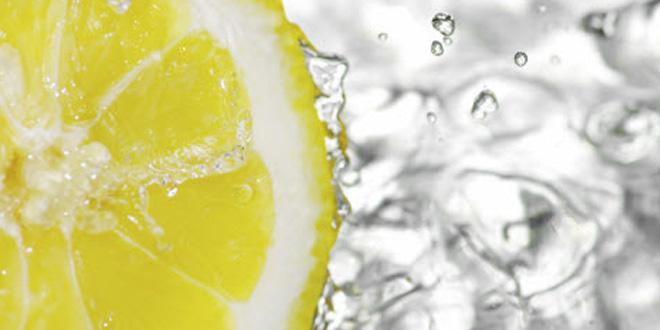Revealed: The truth about 8 common health “facts”

This helpful, healthful article is brought to you by Living Better by Piedmont.
Magazines, bloggers and television personalities tout the magical abilities of the latest health fads, from lemon water to vitamins to chocolate. But can you believe everything you hear? Jackie Oleski, R.D., L.D., a registered dietitian at Piedmont, sheds light on popular health “facts.”
Dark chocolate is better for you than milk chocolate.
TRUE. Dark chocolate has a higher concentration of cocoa, which is packed full of antioxidants and more nutritionally valuable. Generally, the higher the cocoa content, the less sugar and fat. But don’t overdo it. Like all treats, even dark chocolate should be eaten in moderation. Satisfy your sweet tooth with just one or two small squares a day.
Red wine is healthier than white wine.
TRUE. Red wine does have more antioxidants than white wine, but it is the alcohol found in both types of vino that provides some heart health benefits. Once again, Oleski reminds us any type of alcohol should be consumed in moderation.
Decaffeinated drinks are 100 percent free of caffeine.
FALSE. Drinks like decaf tea and coffee actually contain trace amounts of caffeine because it is a complex process to extract 100 percent of the caffeine from any product. Instead of “decaf,” look for items labeled “caffeine-free,” says Oleski. These drinks, such as herbal tea, are naturally caffeine-free.
Drinking lemon water can help you lose weight.
FALSE. Lemon water is a great alternative to other high-calorie drinks, like soda or juice, but unfortunately, it isn’t an instant solution for weight loss. However, staying well-hydrated with water – lemon or otherwise – can prevent dehydration, power your workouts, increase feelings of fullness and may reduce your risk of certain types of cancer.
Raw or steamed vegetables have a higher nutritional value than sautéed veggies.
TRUE. Steamed vegetables are more likely to retain vitamins and minerals because they are not submersed in water. They also do not contain the added oil that is required for sautéing veggies. To add more flavor to steamed vegetables, toss them with fresh herbs, citrus juice or a drizzle of olive oil.
Taking vitamins can replace eating a balanced diet.
FALSE. Vitamins – when researched and selected carefully – can be helpful for those who do not eat a wide variety of healthy foods, but they are not a replacement for nutritious meals and snacks. Many nutrients found in food cannot be duplicated in vitamins. Your best bet: Eating well-rounded meals that contain fresh produce, lean protein and whole grains.
I’m a “normal” weight for my size, so I must be healthy.
FALSE. Some people are blessed with a fast metabolism and can eat all the junk food they want and still stay thin. Size does not always have a direct correlation to health. To stay in tip-top health, exercise regularly, eat a healthy diet and see your physician for annual screenings. Your doctor can also give you a target weight range that is healthiest for your height, age and sex.
“A picture of health is not how much you weigh,” says Oleski. “Eating healthfully and being active are two major promoters of good health.”
Fasting is a great way to lose weight fast.
FALSE. There are many forms of fasting, both short-term and long-term. Short-term fasting eliminates water weight and stored carbohydrates, which are quickly replaced when you begin to eat again. The longer you go without eating, the slower your metabolism becomes, meaning you burn fewer calories. This can actually have an adverse effect when you do start eating again. If your body thinks it is starving, it will store the calories you do consume, making it harder to lose weight. And you should never fast one day so you can binge the next. Bottom line, fasting is not a healthy option.
For more great tips on eating and living healthy every day visit piedmont.org/livingbetter.









